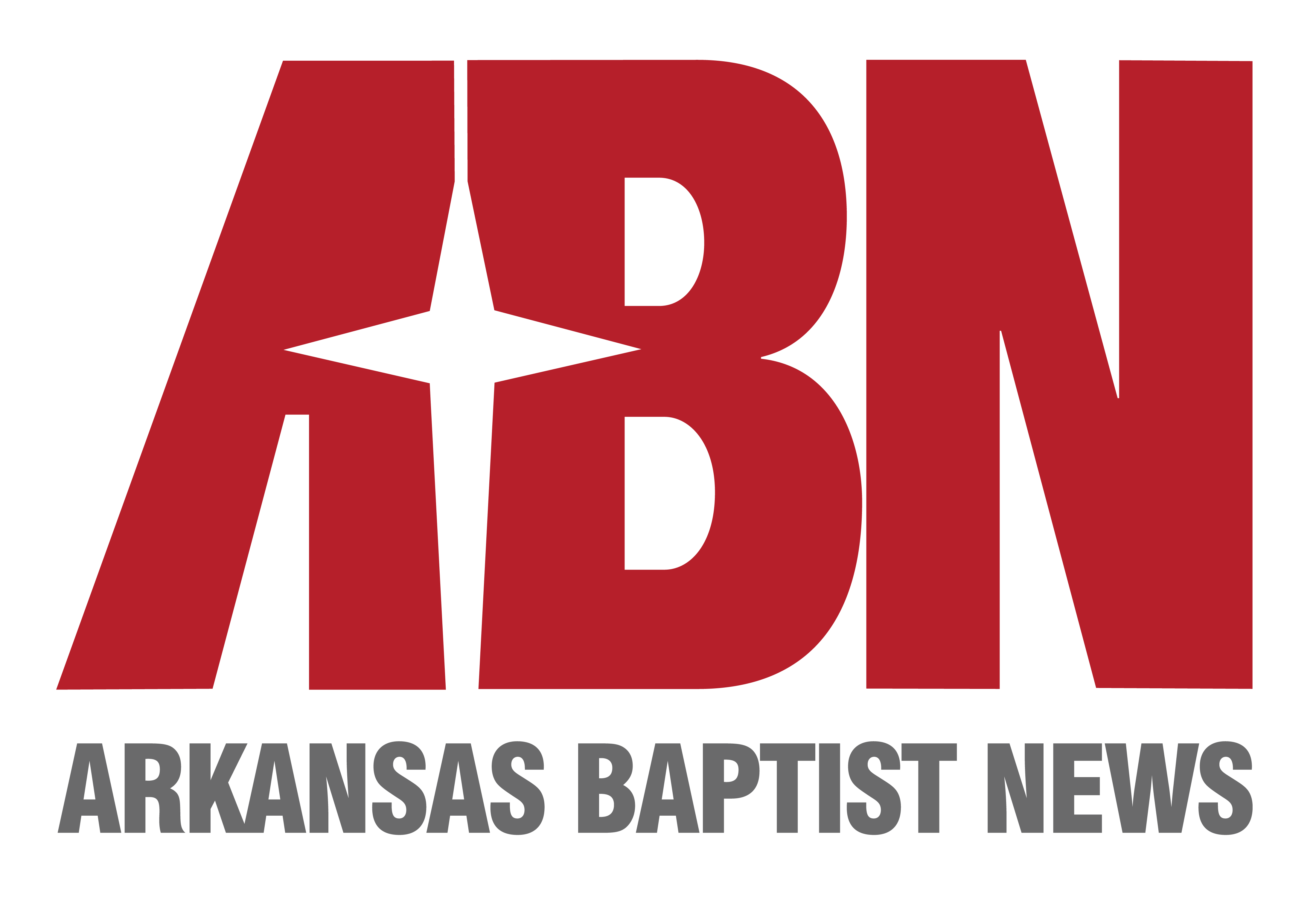Clint Ritchie serves Arkansas Baptists as the Community Missions Strategist on the Missions Team.
About a year ago, while casually scrolling through Facebook, I came across a quote that someone shared. I cannot verify the origin, but it jumped off the screen to me: “We can look at our culture the way Jonah looked at Nineveh or the way Jesus looked at Jerusalem.”
I have shared this quote several times over the past year, and it often causes people to think about their own view of the people who comprise their community. The word “culture” in the quote can be replaced with community or people: We can look at people the way Jonah looked at Nineveh or the way Jesus looked at Jerusalem.
When the Lord called Jonah to go to Nineveh, Jonah ran in the other direction. After spending some time in the belly of a big fish, then being spit up on the shore, Jonah proclaimed God’s message to Nineveh and the people repented. Jonah, though, was upset that these horrible Ninevites were shown the grace of God. God responds to Jonah in Jonah 4:11 with a question, “Should I not have concern for the great city of Nineveh, in which there are more than 120,000 people who cannot tell their right hand from their left- and also many animals?” About 800 years before Jesus, we see the heart of the Father, as He looks upon these hated people with compassion.
Matthew 9 records how Jesus looked at Jerusalem, “When He saw the crowds, He had compassion on them, because they were harassed and helpless, like sheep without a shepherd.” Jesus demonstrates the heart of God when He was moved by compassion to continue the journey to the cross, where He would die for the sins of the world.
Serve Local is an opportunity for churches to demonstrate compassion through various ministries, opening doors for Gospel conversations. Serve Local is the first component in our Spring Outreach Strategy, where churches are encouraged to pick a day, or multiple days, in March and serve their local community. Serve Local ministries typically fall into one of three categories:
- Physical needs. Ministries such as a No Sale Yard Sale, food distribution sites, home repairs, and similar ministries demonstrate compassion through meeting a tangible need.
- Community needs. Local schools, parks, first responders, and nursing homes create unique opportunities to minister, often to a demographic that is underserved. Meeting these needs often build bridges for future ministry.
- Connection needs. People have a need for a connection, for relationships with others. An event such as a Block Party, an Easter Egg Hunt, or a Family Movie Night meets the need of connecting with others. Prayer walking, canvassing, and door-to-door evangelism all foster connections.
The ultimate reason we serve locally is to intentionally move people from the pews into the lives of the people in their communities to build relationships, share the Gospel, and call people to place their faith in Jesus. A by-product is that practical needs are met.
Many Serve Local ministries do not require lots of planning, so there is still time for you to mobilize people in your church to serve in March, all while you are inviting people to your Easter services. Check out the resources and information available at www.absc.org/sos.


